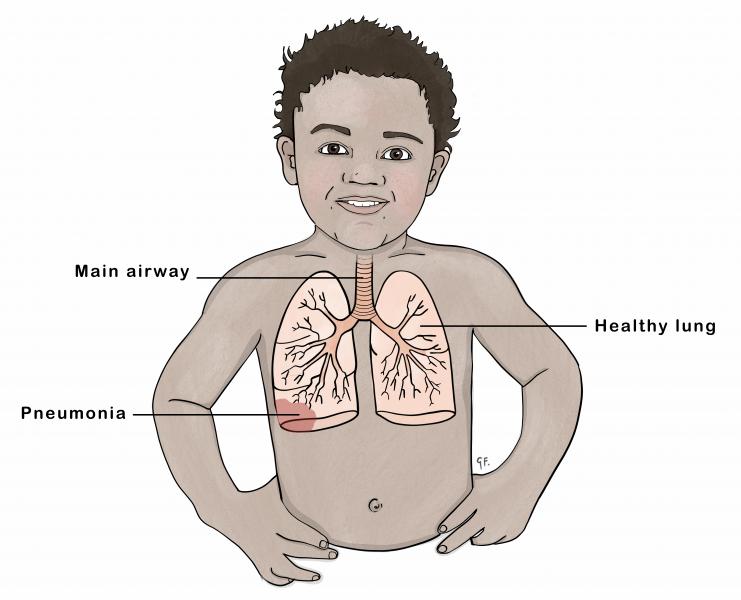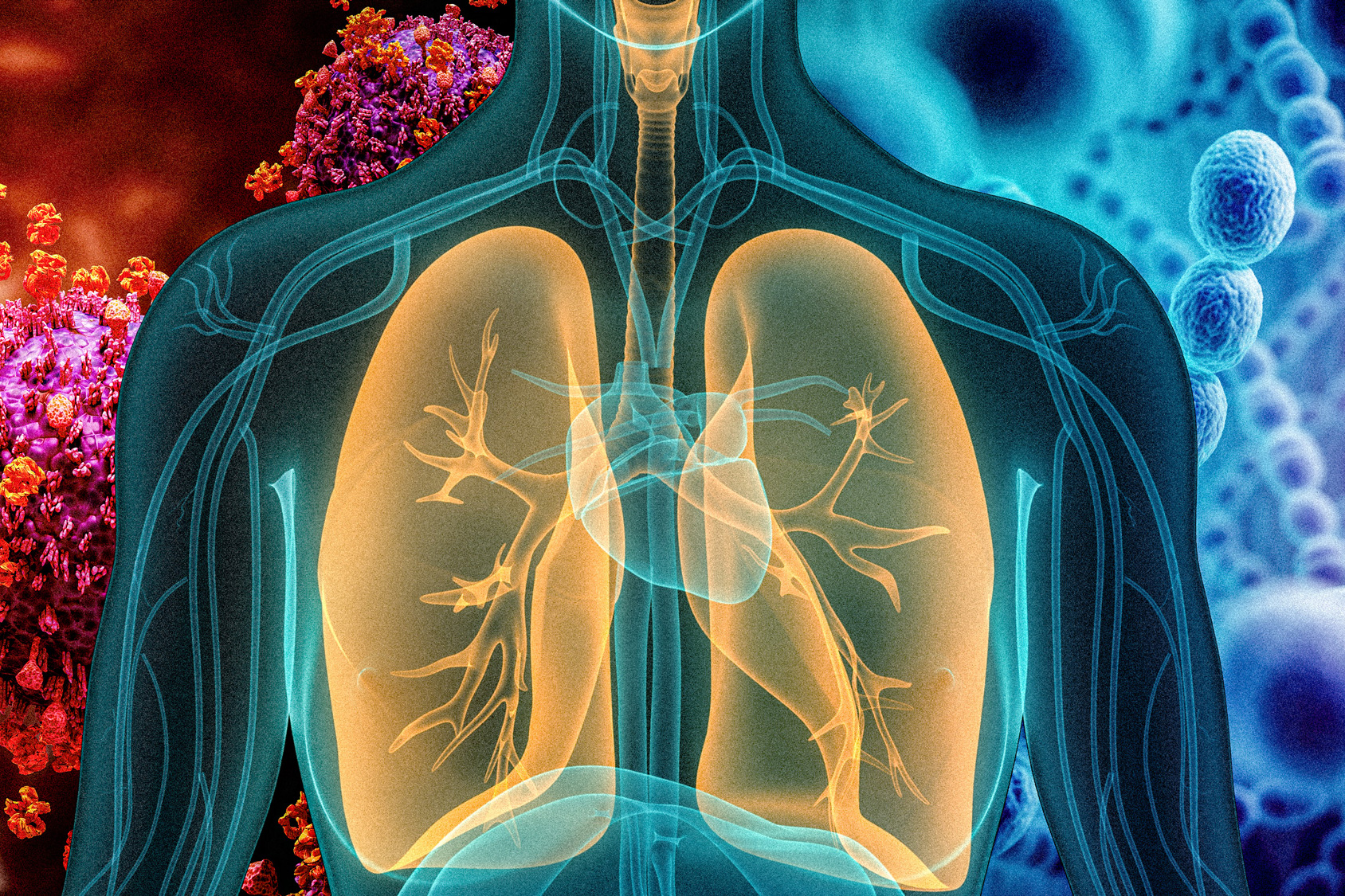Pneumonia is a critical respiratory condition that demands serious attention due to its potentially severe health impacts. It involves the inflammation of the air sacs in one or both lungs, which may fill with fluid or pus, causing symptoms such as coughing, fever, chills, and difficulty breathing. Understanding the seriousness of pneumonia, its causes, symptoms, and treatment options is crucial for managing this condition effectively.
Table of Contents
Understanding Pneumonia
Various pathogens, including bacteria, viruses, and fungi can cause pneumonia. Bacterial pneumonia is the most common form, often caused by the Streptococcus pneumoniae bacterium. Viral pneumonia can be triggered by viruses such as influenza, respiratory syncytial virus (RSV), and SARS-CoV-2, the virus responsible for COVID-19. Fungal pneumonia is less common and usually affects individuals with weakened immune systems.
Causes of Pneumonia
- Streptococcus pneumoniae is the leading cause of bacterial pneumonia. Other bacteria like Haemophilus influenzae, Staphylococcus aureus, and Legionella pneumophila can also cause pneumonia.
- Viruses such as influenza, RSV, and coronaviruses can lead to pneumonia. Viral pneumonia tends to be milder than bacterial pneumonia but can still pose significant health risks.
- Fungi such as Pneumocystis jirovecii, Histoplasmosis, and Coccidioidomycosis can cause pneumonia, especially in individuals with compromised immune systems.
Risk Factors
Certain groups are at higher risk of developing pneumonia, including:
- Infants and young children.
- Elderly individuals.
- People with chronic illnesses like asthma, COPD, and heart disease.
- Individuals with weakened immune systems due to conditions like HIV/AIDS, cancer treatment, or organ transplants.
- Smokers and individuals with substance abuse issues.
- Hospitalized patients, particularly those on ventilators.

Symptoms of Pneumonia
The symptoms of pneumonia can range from mild to severe and may include:
- Often producing phlegm or mucus.
- High temperature, often accompanied by chills.
- Difficulty breathing or rapid breathing.
- Sharp or stabbing pain that worsens with deep breaths or coughing.
- Extreme tiredness and lack of energy.
- Less common but possible symptoms.
- Especially in older adults.
Complications
If left untreated, pneumonia can lead to severe complications such as:
- Bacteria spread into the bloodstream.
- Pockets of pus form in the lungs.
- Fluid accumulation around the lungs.
- Severe lung inflammation leads to respiratory failure.
YOU MAY ALSO READ: What Causes Pneumonia?
Diagnosis and Treatment
Diagnosis
Diagnosing pneumonia typically involves:
- Listening to the lungs for abnormal sounds.
- To visualize the extent of the lung infection.
- To identify the presence of infection and specific pathogens.
- To analyze mucus from the lungs.
- To measure oxygen levels in the blood.
Treatment Options
Treatment depends on the type and severity of pneumonia:
- Prescribed for bacterial pneumonia.
- Used for certain types of viral pneumonia.
- For fungal pneumonia.
- Including rest, fluids, and over-the-counter medications to relieve symptoms.
- Severe cases may require hospitalization for intravenous antibiotics, oxygen therapy, or mechanical ventilation.
Preventing Pneumonia
Vaccines are available for diseases that can lead to pneumonia, such as influenza, pneumococcal disease, and COVID-19. Regular handwashing, wearing masks, avoiding contact with sick individuals Not smoking, reducing alcohol consumption, and maintaining a balanced diet. Proper management of existing health conditions to reduce the risk of complications
Conclusion.
Pneumonia is a serious health condition that requires timely and appropriate medical intervention. Understanding its causes, symptoms, and treatment options is essential for effective management and prevention. By adopting preventive measures and seeking medical care when needed, we can significantly reduce the risks associated with pneumonia.
Pneumonia is a critical respiratory condition that demands serious attention due to its potentially severe health impacts. It involves the inflammation of the air sacs in one or both lungs, which may fill with fluid or pus, causing symptoms such as coughing, fever, chills, and difficulty breathing. Understanding the seriousness of pneumonia, its causes, symptoms, and treatment options is crucial for managing this condition effectively.


Leave a Comment